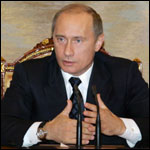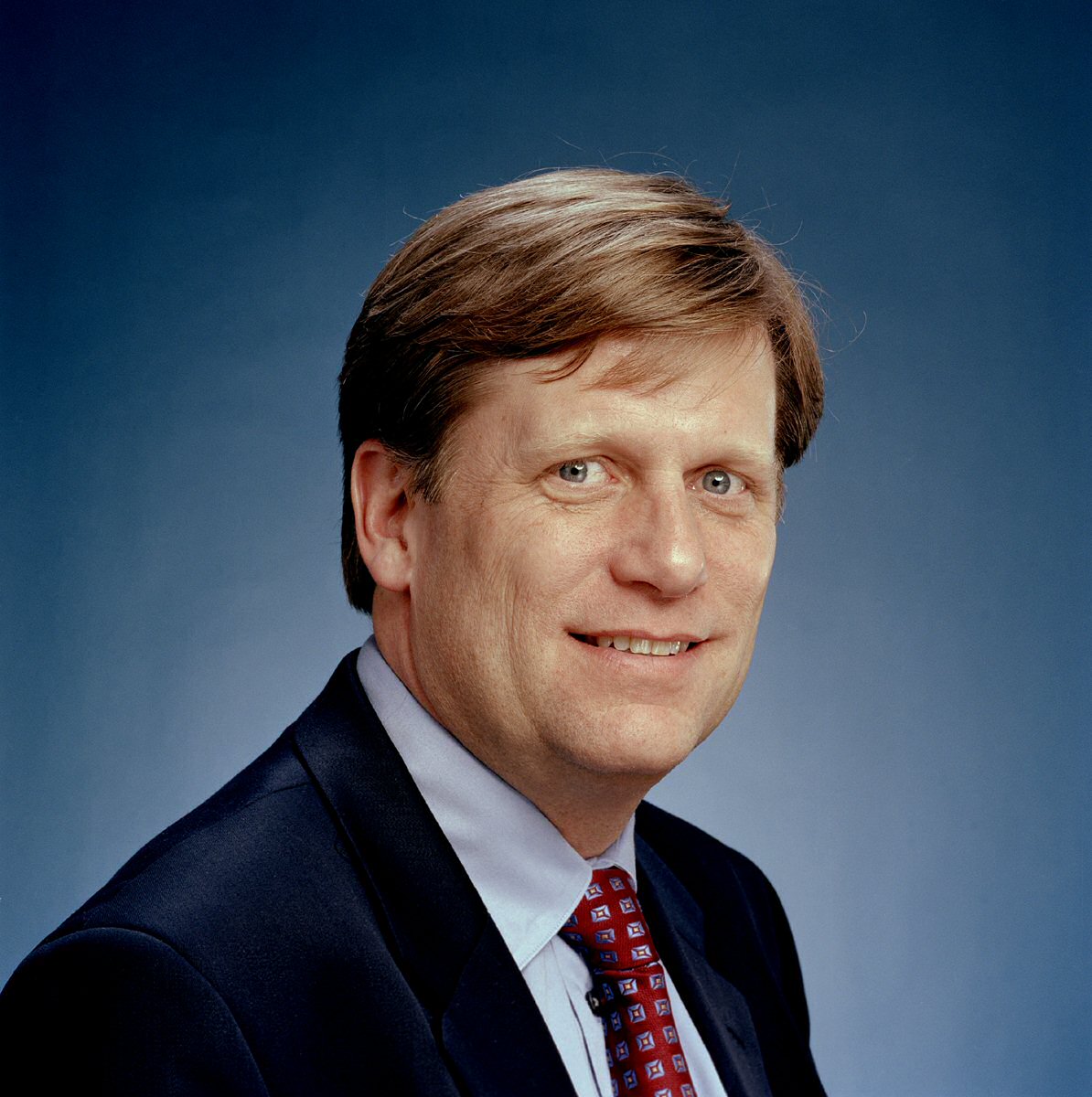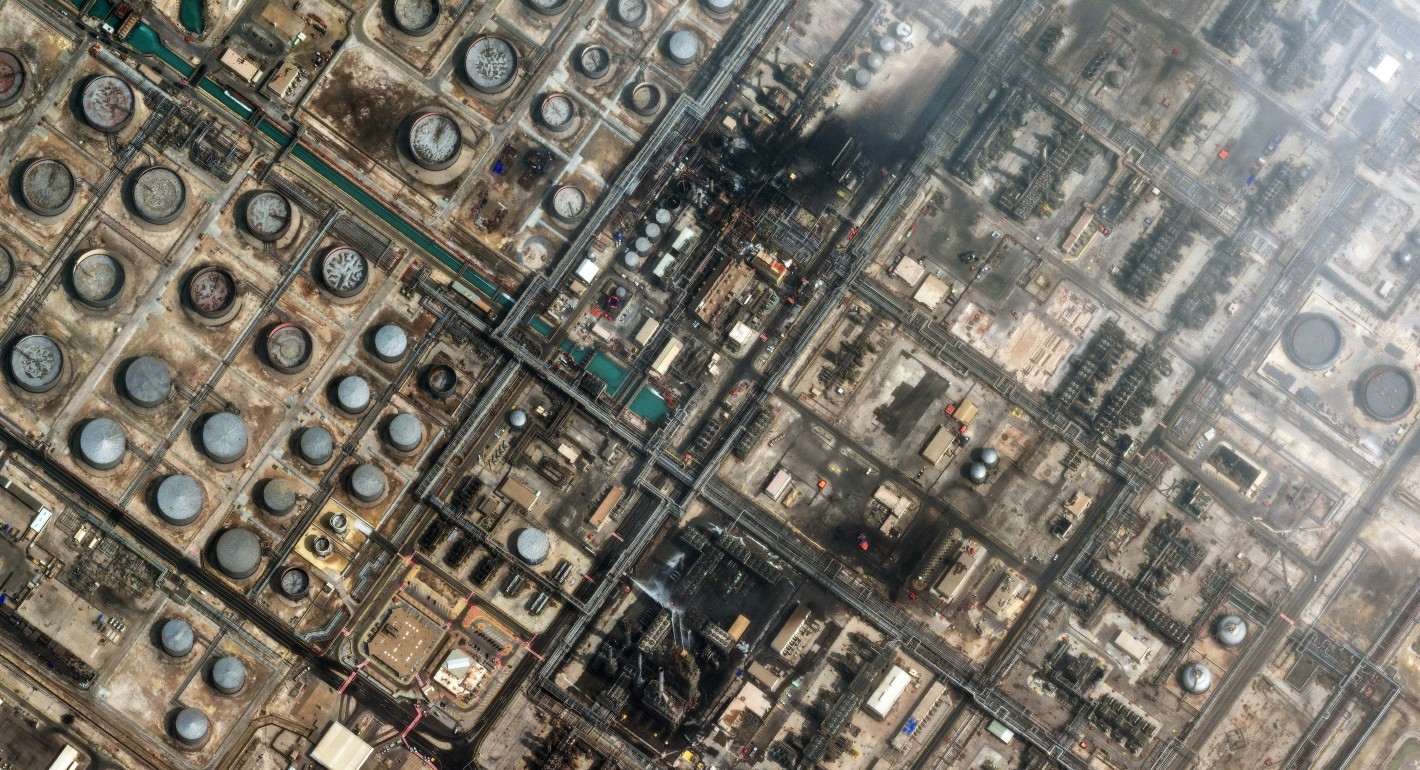Леонид Гозман, Michael McFaul
{
"authors": [
"Michael McFaul"
],
"type": "legacyinthemedia",
"centerAffiliationAll": "dc",
"centers": [
"Carnegie Endowment for International Peace"
],
"collections": [],
"englishNewsletterAll": "",
"nonEnglishNewsletterAll": "",
"primaryCenter": "Carnegie Endowment for International Peace",
"programAffiliation": "russia",
"programs": [
"Russia and Eurasia"
],
"projects": [],
"regions": [
"Caucasus",
"Russia"
],
"topics": [
"Political Reform",
"Democracy",
"Economy",
"Foreign Policy"
]
}
Source: Getty
Putin on the Ritz
Source: Weekly Standard

Vladimir Putin's Russia and the End of Revolution
by Peter Baker and Susan Glasser
Scribner, 464 pp., $27.50
For decades, Moscow bureau chief for the Washington Post was a coveted assignment, occupied by some of the paper's superstar reporters.
The Soviet era was fascinating, and it was Page One news during the Cold War. The collapse of the Soviet Union offered riveting drama, and the creation of a new political and economic system in Russia throughout the 1990s also provided great stories, colorful personalities, tough analytical puzzles, and bursts of high-octane politics--be it the shelling of the parliament in 1993, the invasion of Chechnya in 1994, Boris Yeltsin's difficult reelection in 1996, or the financial meltdown in 1998. It is not surprising that Post correspondents have written some of the best books that we have in English on Soviet and Russian politics.
Against this awesome legacy, I felt sorry for Peter Baker and Susan Glasser when I first met them, in the summer of 2000, as they prepared to assume their positions as Post bureau chiefs for the next four years. By then, all the drama in Russia seemed over. The Russian economy had recovered splendidly from the 1998 crash to record serious economic growth in the last two years before Baker and Glasser arrived. This economic growth is good for Russians, but less so for reporters: Chronicling the massive expansion of IKEA is a great story once, but does not make it into the paper if you try to write about it a second time.
Politics in Russia also seemed stable and boring. At the time, Russia's new president, Vladimir Putin, was trying hard to distance himself from his former boss, Boris Yeltsin. The conventional wisdom, however, was that Putin represented continuity with the Yeltsin era, not change. Putin was a political novice with no independent political base. Therefore, the analysts predicted, he would be constrained by the complicated weave of relations between the state and the oligarchs, who had so dominated Russian politics in the final years of Yeltsin's rule.
How boring is that? About what would these newcomers write? When would they ever get on Page One? I pitied them.
Moreover, upon taking this assignment, Glasser and Baker knew next to nothing about Russia, or the old (and tired) debates between optimists and pessimists about its future. They were truly clean slates, and this seemed to me, on first encounter, to be a real disadvantage, which would compel them to wander about Russia, both literally and figuratively, writing about the same cliché topics that all new foreign correspondents seem to write about soon after arrival in Moscow: crime and corruption, the wealth of Moscow, the apathy of the Russian people, and so on.
I could not have been more wrong about both Russia and Baker and Glasser. With serious hiccups such as the arrest of billionaire Mikhail Khodorkovsky and the confiscation of his assets, the economic story has continued along much the same trajectory that it was on when Glasser and Baker first arrived. But the political story has turned out to be anything but muddling through.
Instead, as brilliantly chronicled and meticulously documented in Kremlin Rising, the drift towards authoritarian rule has emerged as the central drama in Russia over the last several years. And rather than being an impediment to reporting, Glasser and Baker's fresh perspective on this story gives the book life as a narrative, but also credibility as an account. Baker and Glasser did not go to Russia chomping at the bit to write about growing autocracy. Instead, growing autocracy became the overwhelming story that, as honest journalists, they had to cover. For a comprehensive understanding of Putin's Russia, this is our best account to date.
Putin's struggle to tame NTV, Russia's largest independent television company at the time, presented Baker and Glasser with their first big reporting challenge. The details of the story were complicated, involving complex ownership structures, anachronistic legal statutes and interpretations, and a victim--Vladimir Gusinsky--who was not the next Andrei Sakharov but a wealthy businessman. The essence of the story, however, was very straightforward: Gusinsky's television station (as well as his newspaper and weekly magazine) broadcast news and promoted opinions that the Kremlin did not like, so the Kremlin and its allies deployed the legal system to chase him out of the country and force new, Kremlin-friendly owners to take control.
First, in their reporting, and now in their book, Baker and Glasser deftly manage to capture the complexity of the fight between Gusinsky and the Kremlin without letting the details dilute the true meaning of this episode and its negative implications for democracy in Russia. Their chapter on NTV's demise combines excellent reporting with fair and nuanced interpretation. While avoiding hyperbole and overgeneralization, Glasser and Baker also show convincingly that you can make value judgments about the final outcome--even when the standoff is not between white and black hats, but those wearing shades of gray. And the attention that Baker and Glasser give to sources and documentation makes their account one that will be referenced for years by scholars and analysts.
This delicate mix of reporting and analysis is repeated throughout the book. The theme of pluralism's erosion goes well beyond the chapter on the media; it reappears in their accounts of the "the dictatorship of the law" (as opposed to the rule of the law), the 2003 parliamentary and 2004 presidential elections, and the arrest of Khodorkovsky. After Kremlin Rising, the reader can only be alarmed about democracy's future in Russia. And since publication, the trend line has only continued downward. Parliament has been considering legislation that would dramatically increase the state's control over civil society, and ban foreign and international nongovernmental organizations altogether.
In exchange for rolling back democracy, and isolating Russian society from the rest of the world, Putin has promised the Russian people security and prosperity. He believes that a more autocratic, less pluralistic, regime will make the Russian state stronger and more effective. Indirectly, Glasser and Baker offer a preliminary assessment about Putin's hypothesis about regime type on the one hand, and economic growth and security on the other, and the assessment is a contradictory one.
In their fun chapter on boom town Moscow, they discuss the economic growth that has occurred on Putin's watch. Whether Putin's growing autocracy had anything to do with this growth is difficult to discern; there is no evidence of causality in Kremlin Rising. But through a discussion of one family with a daughter doing well in Moscow, and a son struggling in a provincial town, Baker and Glasser also capture the uneven development of Russia's economic expansion.
This book also helps to explain how economic growth has helped to mute public criticism of Putin's autocratic ways. As a beneficiary of Moscow's boom explains, "The Cosmo reader doesn't want to know about politics, nationalism, terrorism, anything gloomy." This trade-off--political liberty for economic liberty, or the freedom to read Cosmopolitan but not watch an independent NTV--seems to be one many middle-class Russians are willing to take for the foreseeable future.
Putin's promises about security, however, have not been realized. The regime is more authoritarian, but his state is no more effective at fighting terrorism than the state he inherited in 2000. Kremlin Rising provides riveting and depressing evidence of this state weakness, from the rotting military, to the Nord-Ost terrorist attack in downtown Moscow in 2002, to the gruesome terrorist attack in Beslan in the summer of 2004, which serves as coda for the book. All of these chapters, but especially the chapter on Beslan, underscore how serious the terrorist threat remains in Russia, and how terribly inept the Russian state remains in fighting terrorism.
If democracy's erosion in Russia is as serious as it is portrayed here, why does President Bush seem so blasé about it? In his second inaugural address, and in many other inspiring speeches, Bush has pledged to stand against tyranny and with democrats in all parts of the world. Yet he continues to mute his message when meeting with Putin, even though Russia has experienced a more dramatic rollback of democracy than any other country in the world while Bush has been president. In their chapters on diplomacy, Baker and Glasser only tiptoe toward an explanation. The subject demands its own book. But in this truly definitive account of the Putin era, Kremlin Rising may help to be part of the solution. No one can read it and not feel uneasy about Russia's short-term future.
The next time Natan Sharansky visits the White House to offer counsel on how to advance liberty around the world, Kremlin Rising is the book he should give the president.
This article first appeared in the Weekly Standard.
About the Author

Former Senior Associate
In addition to his role at Carnegie, McFaul is Peter and Helen Bing Senior Fellow at the Hoover Institution and associate professor of political science at Stanford University.
- Why a Democratic Russia Should Join NATOArticle
- Russia at a Crossroads: Upcoming Elections Defining IssueReport
Michael McFaul, Sanja Tatic
Recent Work
Carnegie does not take institutional positions on public policy issues; the views represented herein are those of the author(s) and do not necessarily reflect the views of Carnegie, its staff, or its trustees.
More Work from Carnegie Endowment for International Peace
- Iran Is Pushing Its Neighbors Toward the United StatesCommentary
Tehran’s attacks are reshaping the security situation in the Middle East—and forcing the region’s clock to tick backward once again.
Amr Hamzawy
- The Gulf Monarchies Are Caught Between Iran’s Desperation and the U.S.’s RecklessnessCommentary
Only collective security can protect fragile economic models.
Andrew Leber
- Duqm at the Crossroads: Oman’s Strategic Port and Its Role in Vision 2040Commentary
In a volatile Middle East, the Omani port of Duqm offers stability, neutrality, and opportunity. Could this hidden port become the ultimate safe harbor for global trade?
Giorgio Cafiero, Samuel Ramani
- Europe on Iran: Gone with the WindCommentary
Europe’s reaction to the war in Iran has been disunited and meek, a far cry from its previously leading role in diplomacy with Tehran. To avoid being condemned to the sidelines while escalation continues, Brussels needs to stand up for international law.
Pierre Vimont
- What We Know About Drone Use in the Iran WarCommentary
Two experts discuss how drone technology is shaping yet another conflict and what the United States can learn from Ukraine.
Steve Feldstein, Dara Massicot









